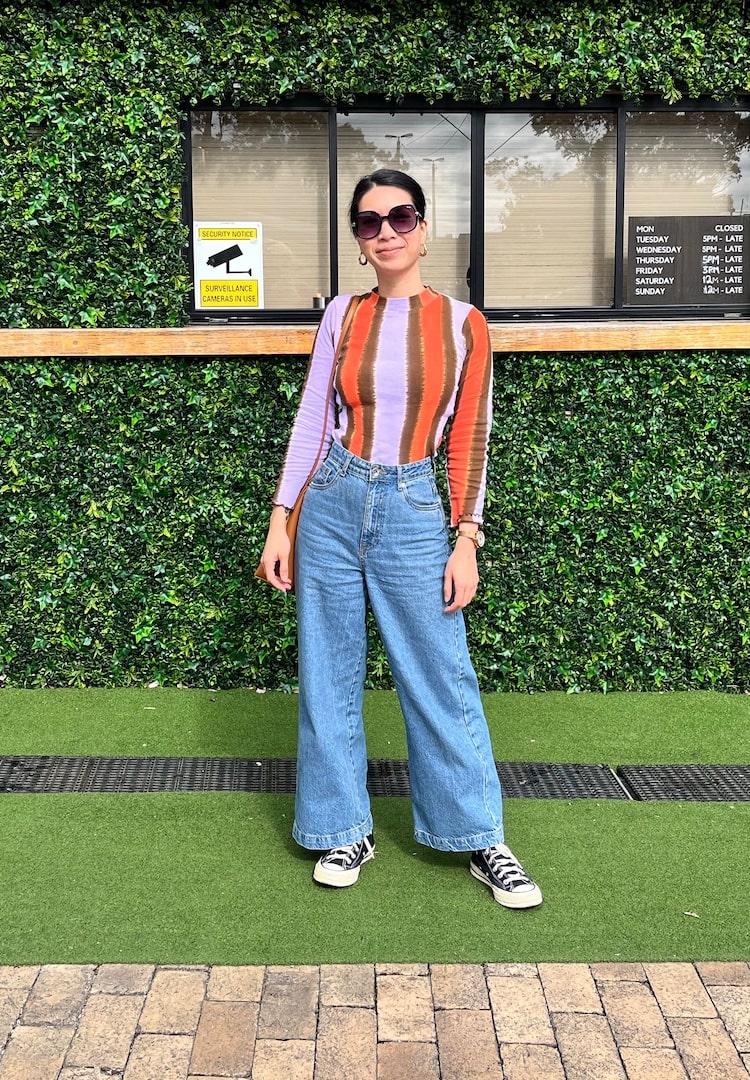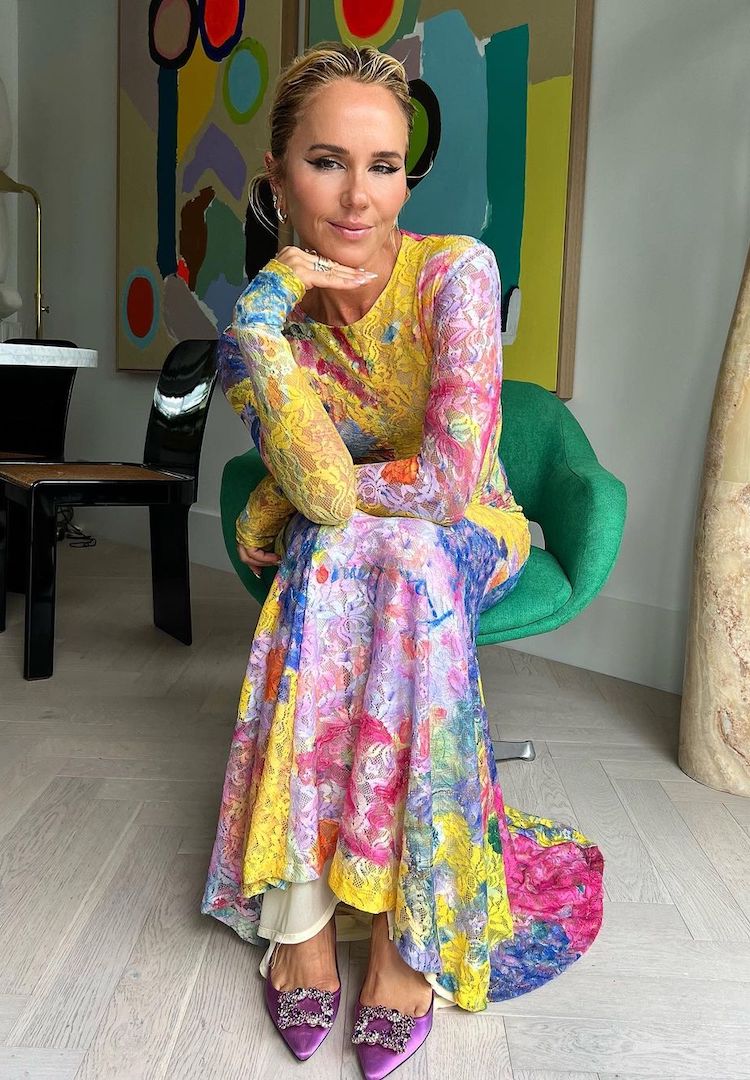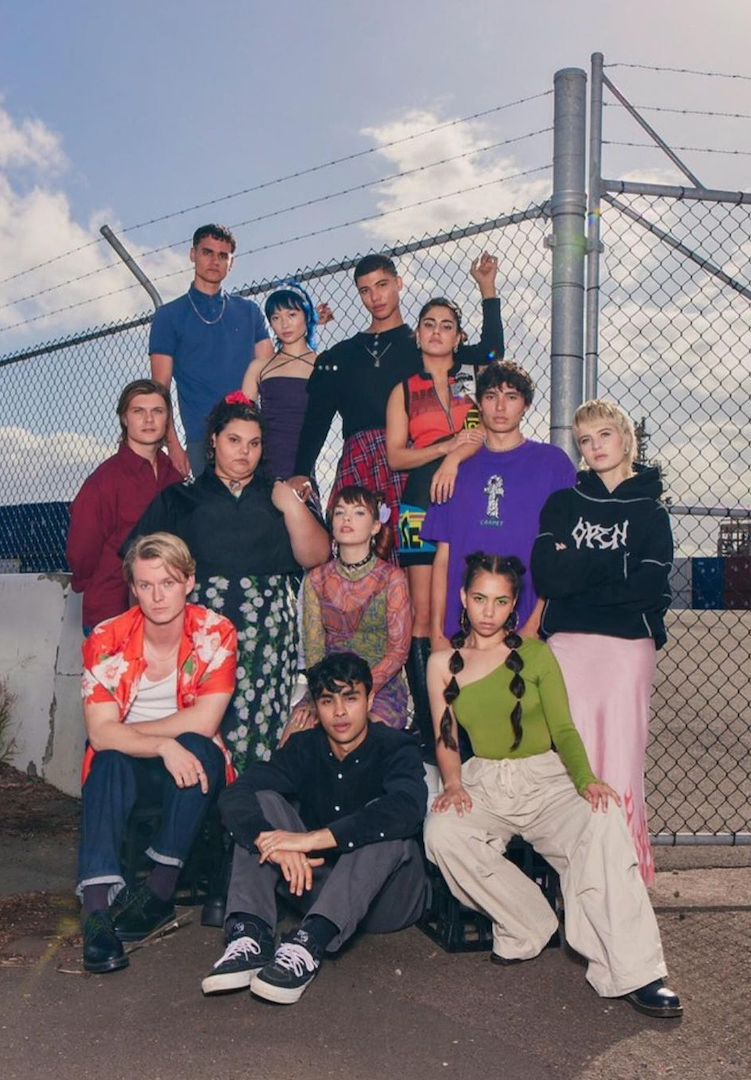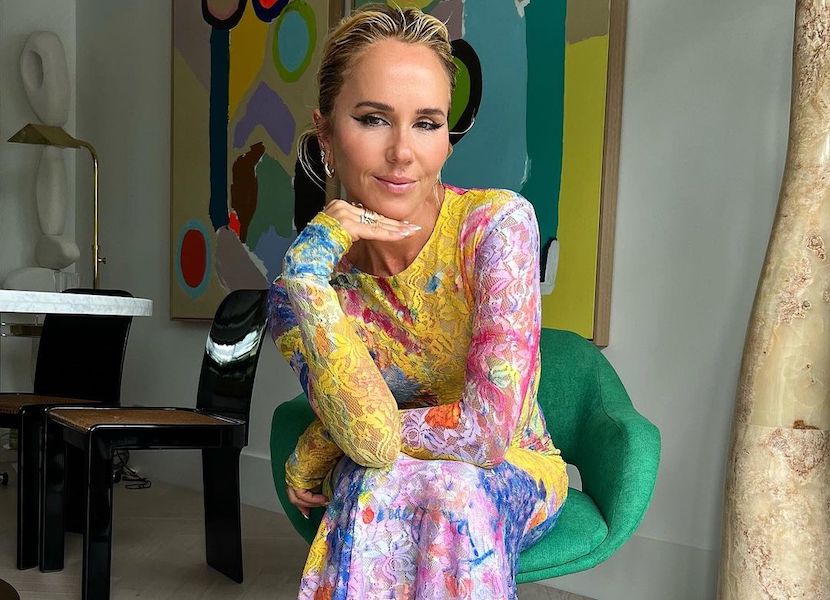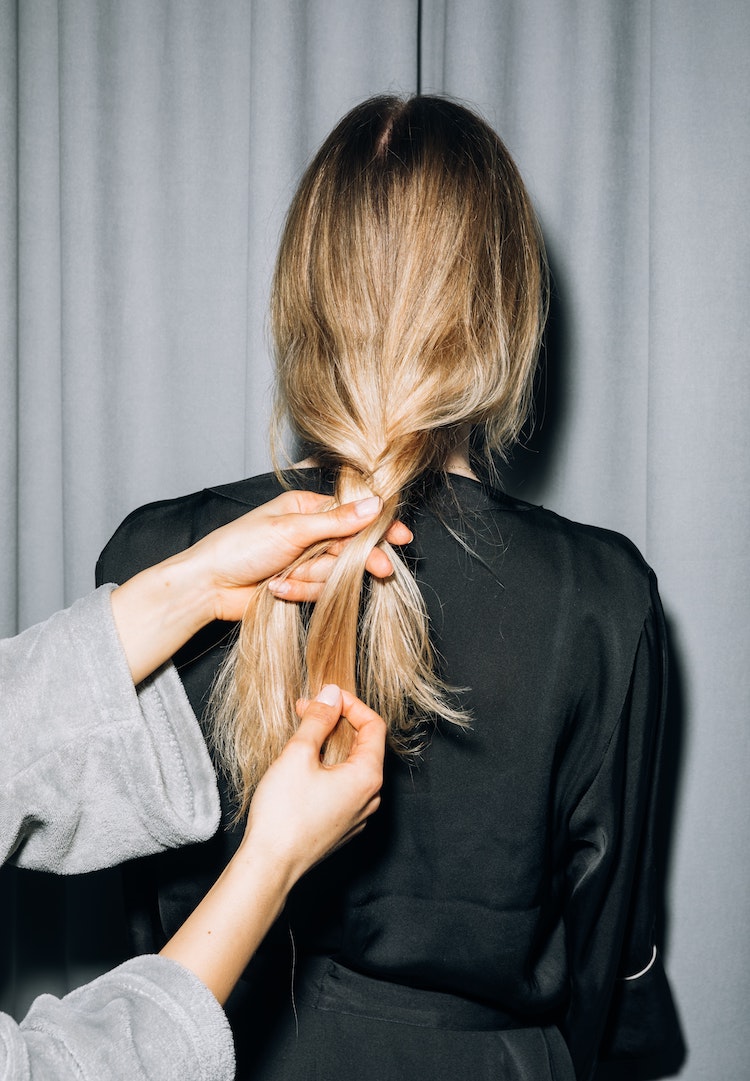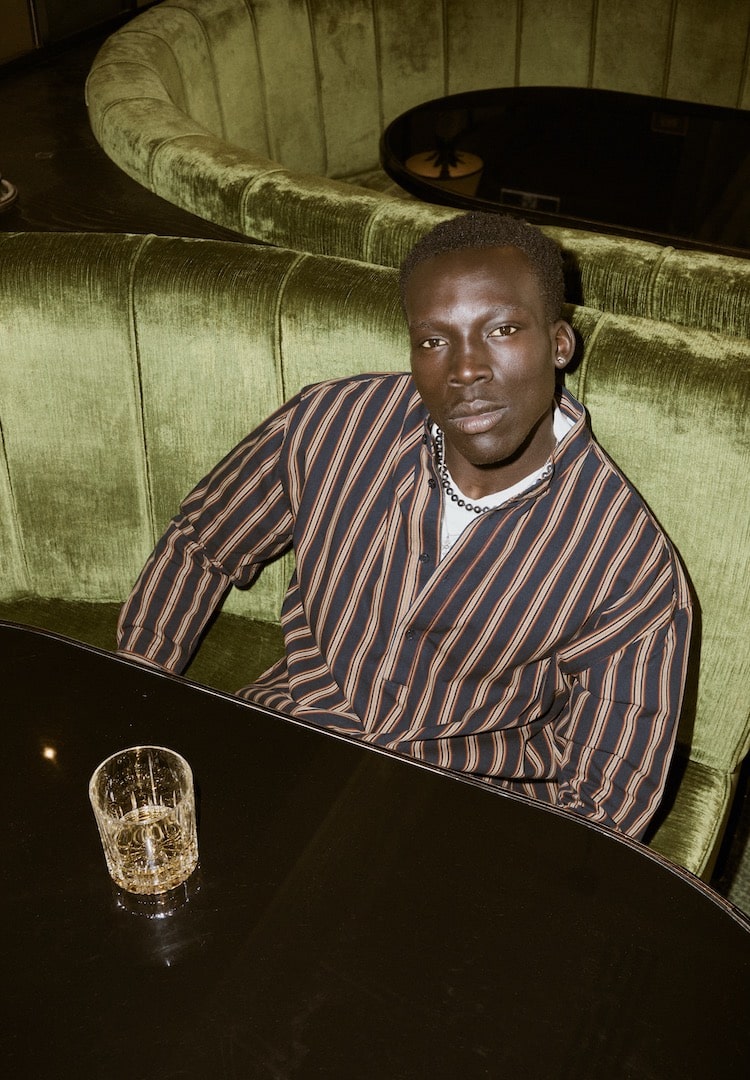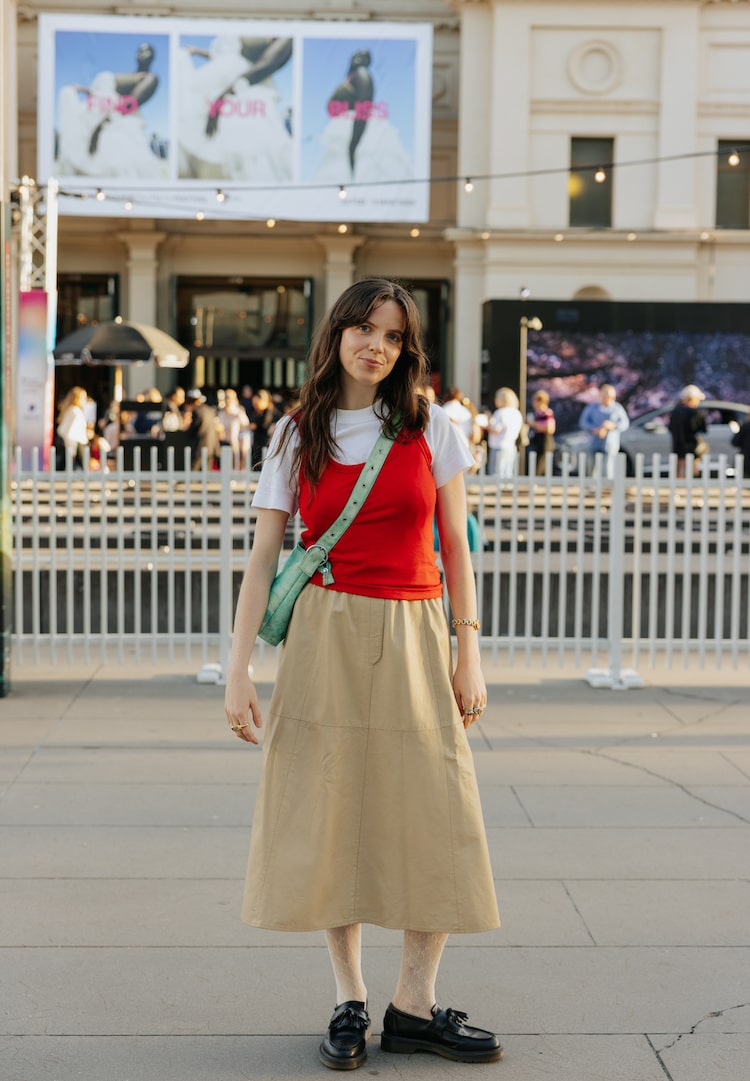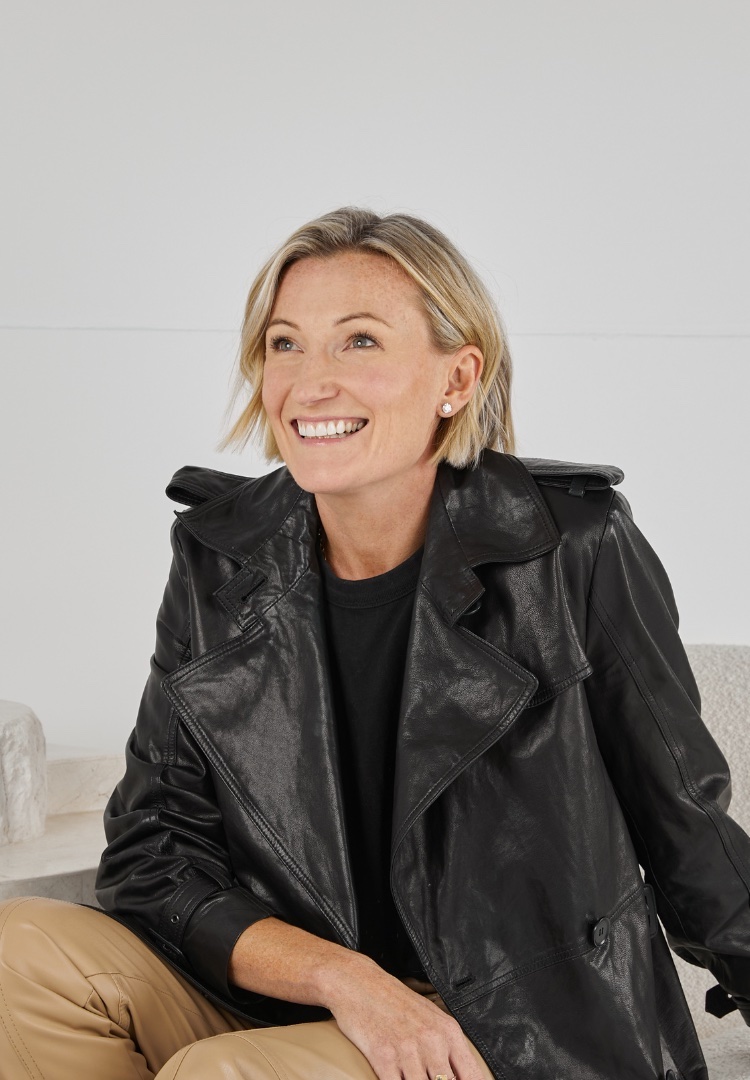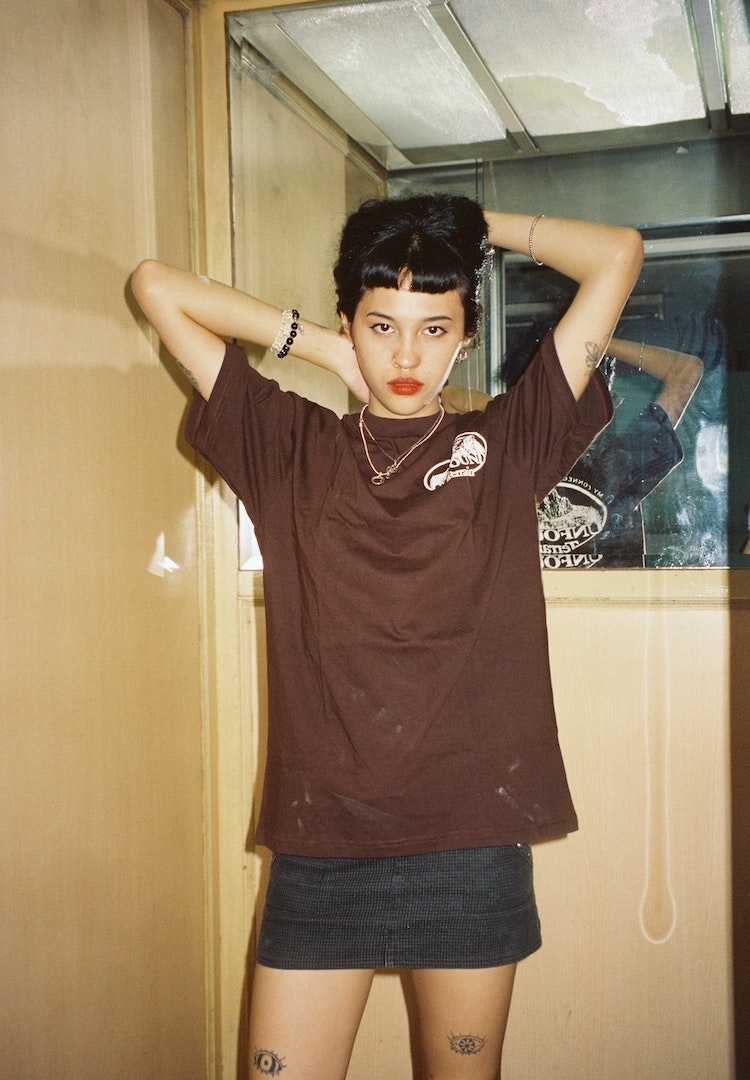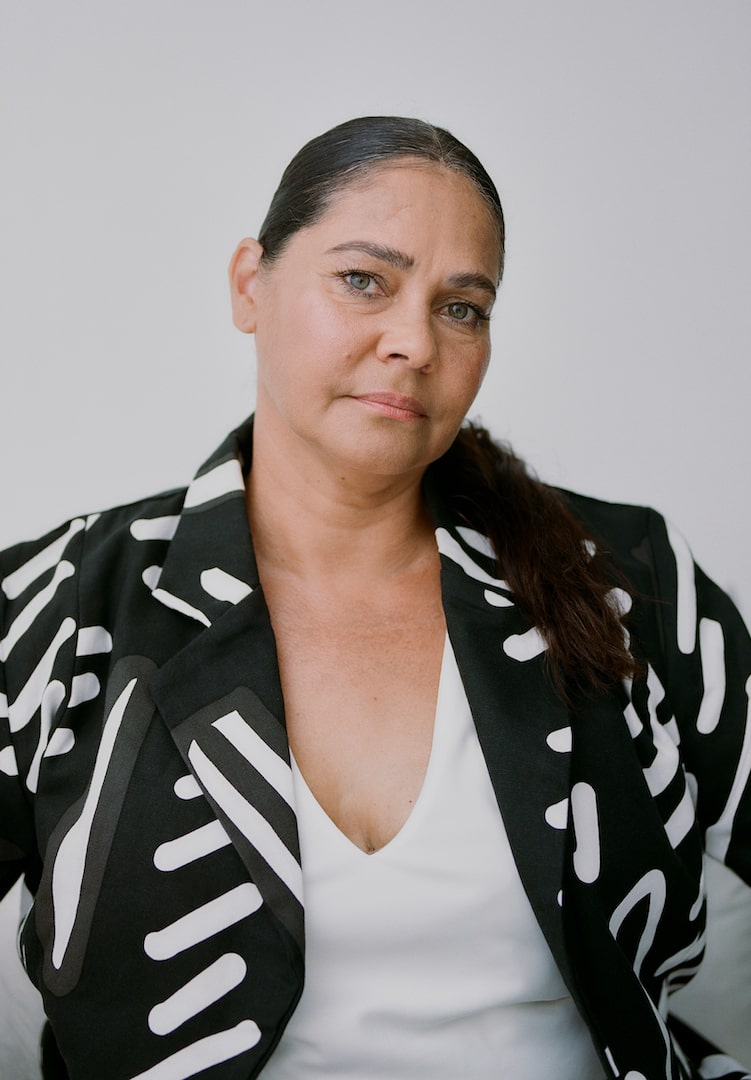“I felt like I was drowning”: 11 Australian designers share what they wish they’d known when starting out
IMAGE VIA @PIPEDWARDS/INSTAGRAM
WORDS BY GIULIA BRUGLIERA
“Find the value in your learnings, not the result.”
As anyone in business will tell you, mistakes are an important part of business development. To fail is to learn and grow, and even the most successful business-owners have made more bad decisions than they can probably count. While success often looks brilliant from the outside, most of us aren’t privy to the struggle that happens behind the scenes. We see the outcomes – the awards, the accolades, the skyrocketing revenue – but not the blood, sweat and regret that’s all a necessary part of the process.
There’s a lot to learn from failure, be it our own or from someone who has seemingly ‘made it’. Because to reach such heights in business means you’ve probably faced some lows. One of the great heights in Australian fashion is to showcase at Australian Fashion Week, so we figured these designers have probably had their fair share of learnings.
Looking for more fashion news and features? Head to our Fashion section.
As an official media partner of this year’s Australian Fashion Week, we quizzed 11 of the featured designers on what they wish they’d known when starting out. From humble beginnings to learning on the fly, here’s what some of our country’s most established designers had to say.
Emma Mulholland, Emma Mulholland on Holiday
View this post on Instagram
When I started, it was pretty terrifying. I started my original label at a very young age. I couldn’t be stopped! It was exciting and fun at the same time. I highly recommend getting as much experience as possible in the industry before starting your own label. There is so much involved in running a business that I didn’t realise when I was starting out and on reflection, I could have used a few more years of experience. To get through, it takes a lot of hard work and always surrounding yourself with people who support you.
Don’t jump into every opportunity because you think it won’t be there again and always remember your worth. If something seems too good to be true, it probably is. Take time for yourself to have a life, too. It’s so hard to have an off button when you run your own business, but you really do need to take time to switch off and recharge if you want to keep going. And remember, if it were easy, everyone would do it.
Ingrid Verner, Verner
When I was first starting out (it was a long time ago), it took a while for me to properly be able to support myself financially through my business, so that was tough. On a positive note, there’s a fair bit of excitement around your brand when you’re first starting out and that helps with maintaining momentum. That said, the biggest mistake I made was trying to do it all. [I spent time] cultivating a plan B, so not fully committing to my core business.
But maybe the biggest lesson I learnt was not to be too concerned with outcomes – enjoy the process, It’s only clothes. Never compare, never compete. Instead, make sure that whatever structures you’re setting up for yourself are in line with the sort of working life you want to live. For me, it’s been about keeping things small and staying as close to the process as I can, and to remain adaptable. What is for you won’t pass you by.
Pip Edwards, P.E Nation
View this post on Instagram
Starting P.E Nation was a whirlwind. We spent 24/7 living, breathing and building the business and brand. It was as all-consuming, as you’d imagine, and we had all hands on deck across every element of the business. We were multi-tasking to the max as we had a team of three and I had to wear many hats while learning on the go. From designing, to marketing, to business operations, to running wholesale and building our digital capabilities, it was non-stop.
Starting to build a vision and brand around P.E Nation was exciting, then we quickly had some sharp learnings around the trademark process in order to secure P.E Nation. Not realising how quickly the brand would go global, we struggled to trademark P.E in the US and by the time we landed on P.E Nation, a new battle had begun trademarking it in China. We really didn’t have the budget nor foresight to be planning for its success in so many global locations. So dream big people, and prepare upfront as it can catch you off-guard.
Commit to your vision and follow it through. Don’t waver and don’t succumb – you really have to listen to the heartbeat and know who you are. Get the basics of business right, too. Designing and being creative is one skill set, but succeeding has a lot to do with business acumen (if not you, then bringing on board someone with the right skill sets), planning, commercials and operations. A critical path has been my bible since day one, and I show discipline by sticking to it.
I’d tell anyone starting out to trust your gut and what you know, what you feel, and what your driver is. Connect to your passions and your why.
Karla Špetić
Starting my label in 2008 was like diving into the ocean and not knowing how to swim. I felt like I was drowning at times. I had no previous experience working in the industry or a full understanding of what was required to run a successful fashion brand. With serious deadlines, survival mode would always kick in and I just had to dive in and do it. I learnt to swim by swimming.
I’m no doubt guilty of overspending and poor time management. For me, it’s all about the creative. That comes first. And if other things must suffer to transform my vision into a runway reality, so be it. I’m always pushing against deadlines to make sure my work is the best it can be. [I am learning to develop] a long, slow understanding of the importance of deadlines and budgets as my practice matures. But I’ll always be all about the creative.
I think the biggest lesson I learnt (and this applies to any creative and, in fact, life) is to stay true to yourself and your vision. Believe in yourself. For me, it’s my name on the brand so it has to represent my creative self perfectly. If I don’t stay true to that, the core reason for doing this is gone.
As for more practical advice, make a list of daily ‘to dos’. Then don’t stop until they’re all crossed off. It always works for me in the end. For inspiration, I think it’s best to look within and ask yourself, “What is it that inspires me?” It can be anything at all – a person you saw walking on the street, a film that you watched or a distant memory caressing the back of your mind. I think that we are all inspired daily and there’s just no better way than to ask yourself what that is to you. You’ll soon see it everywhere!
Anna Quan
View this post on Instagram
When I started out, I didn’t know anyone. I didn’t have any mentors in the industry and I was making things up as I went along. It was very organic and ad hoc. I went into the industry from design school, and I was quite naïve. Most independent brands still had the traditional model or aspiration of wholesaling to prestigious department stores, and there were very limited independent online or offline channels. The dream was to be ‘discovered’ by some big-name store.
The biggest mistake I made was probably not dreaming big enough; this was really at the heart of every other mistake I made. It leads to other issues like scalability, underestimating demand and not setting up enough systems to meet that expectation or demand. What I learnt is that anything is possible if you plan and measure things out carefully. I’ve really had to consciously undo my negative self-talk, and become more confident in myself and my decision-making.
My advice for others starting out is to really get into the habit of taking the time to review the details carefully, no matter how painful or time-consuming it seems. Whether it’s numbers on a statement or road-mapping your goals out in a measurable way, the devil is definitely in the finer details, and ignoring or glossing over it is a recipe for disaster. Also, remember there is only one you. Your design signature is what people come to you for. Always be true to your aesthetic, that is your value proposition to your customer.
Anna Plunkett and Luke Sales, Romance Was Born
View this post on Instagram
In the beginning, it was exciting and lots of fun! We were young and had no real idea what we were doing, but we were doing what we really loved and being creative together was great. We had each other to bounce off creatively, and also encourage and push each other. I’m sure there were hundreds of mistakes made and I’m sure we still make them, it’s a never-ending learning curve.
There’s not one correct way to do anything in business, and creativity is endless, so learning how to do something that is forever changing is pretty challenging. Our best assets have been passion, patience and understanding how lucky we are to have our hobby be our job. It’s not a run many people get. We’ve learnt that fashion isn’t a very fun industry to work in, unless you make it fun. Be organised, like beyond organised, or you will get nowhere.
Rory William Docherty
I started my own brand many years after working in numerous roles throughout the industry. My first collection took over two years to create. Initially, I avoided designing garments but my drawings evolved into paper maquettes, enlarged into life-size distorted shapes and, in spite of myself, I began draping fluid and sculptural forms. The result was a collection of one-off pieces.
I continued slowly making collections, which felt like a very indulgent and expensive hobby. Then, I decided to employ my commercial experience with my creative dreams to make Rory William Docherty the brand I wanted it to be.
It’s been hugely challenging and greatly rewarding. The biggest mistake I’ve made is trying to please others and in doing so, making myself very unhappy. I’ve learnt so many lessons and continue to learn. I think it’s important to remain open to opportunities while staying true to yourself, which, with so much ‘noise’ can be very difficult. Find your quiet space so when the ‘noise’ becomes deafening and distracting and you lose your way, you can bring yourself back on course.
Learn as much as you can from others before branching out on your own. You don’t know what you don’t know. Develop practical skills in as many areas as you can so you know what’s possible. Be patient, and try not to compare your successes and failures to those you see around you. For the most part, we see only what has been curated for us to see, it’s smoke and mirrors. You don’t know what’s behind the scenes for others, so don’t compare. Remain focused on your own path, work hard and be patient.
Kathryn Forth and Julia Ritorto, Acler
View this post on Instagram
In those early days, we were living off the smell of an oily rag – personally and professionally trying to do it all without the resources. We were operating out of a bedroom, at Kath’s sharehouse, with our online stock piling up in boxes in the living room. In some ways our jobs were simpler – although we didn’t know from experience how to do it all, every job was being managed by the two of us so there was less need for process and efficiencies. We have learnt over time how much more complex a business becomes as you scale up, and how many more people and processes it takes to achieve success, creativity and innovation.
We now recognise the importance of knowing and authentically honouring your company values. We have always followed a strong ‘gut instinct’ when finding business partners and staff to support our company journey and as a result, have a strong, hardworking and supportive work environment. It was only in recent years that we distilled these values, and they now encompass and drive our every day, giving us the confidence to make decisions with consistency and clarity. Determining our brand and company values has been one of our biggest learnings.
To those starting out we’d say: quarantine your time. When your work requires both creative and practical thinking, it’s important to recognise and separate the two, allowing each side of your brain enough time. If both are competing for attention and you are trying to do it all, you’ll inevitably waste valuable time. My advice is ‘go off-grid’, lock away the distractions of mobiles and emails, and allow yourself to get into a creative flow.
Any creative idea that comes up, you need to record it – either write it down or sketch it. Even if you don’t love the idea, it’s a way of storing your train of thought and removing it from your mind to make room for a new, fresh idea. If you don’t document your thinking, your mind can run in circles and not let go of an idea that might be holding you back.”
Test lots of small projects and be ok with ‘failing’ – to innovate is to fail too, so be okay with testing unchartered territories, reviewing your work and perhaps even losing time or money if it doesn’t work out. Find the value in your learnings, not the result.
Finally, have someone in your life who can be your professional rock. Owning your own business has countless rewards but challenging times too. We are so lucky to have had each other during the journey but not everyone has a business partner. It’s important to have someone who is invested in your professional journey to hold you accountable, to reinspire you and remind you to celebrate your achievements.
Merryn Kelly, Third Form
View this post on Instagram
Launching Third Form was both thrilling and daunting at the same time, and it still is. I’m self-funded so I was wearing every hat at the outset, from design, packing orders and on-the-road selling. Although it was gruelling, I wouldn’t change a thing. I would go so far as to say it’s my number one must-do. I now know my business inside-out and can mentor my growing team, as well as appreciate what they bring to the business beyond my skill set. It also taught me humility, resilience and work ethic.
You have to push every day to reach the big end goals, or you can easily fall behind in such a competitive landscape. I often remind myself ‘you’re not better, you just work harder’. Other advice I would give to others starting out is to focus on honing your craft, know your aesthetic and stick to it. You will find a way to connect with others who share the same vision. This connection is key when marketing and telling your story, we all want to belong. It also helps when the chips are down or things aren’t working out, you have somewhere to go back to, recalibrate and try again.
Also, practise being adaptable and proactive in finding solutions. This industry moves fast, and you need to make hard decisions on the go. Lastly, stay passionate, embrace creativity and put out your best in every collection.
For the full Australian Fashion Week designer schedule and to buy tickets, head here.

